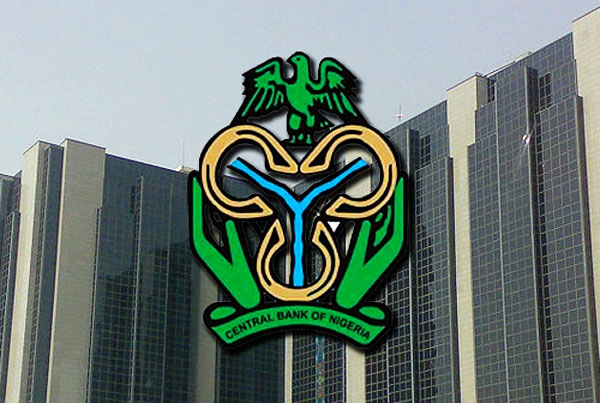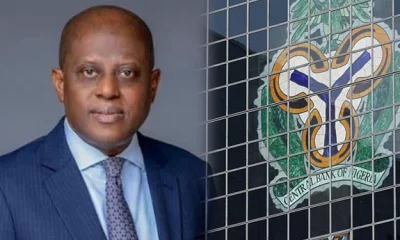The Central Bank of Nigeria (CBN) says it will retain all monetary policy rates after its monetary policy committee could not hold its first meeting in 2018.
The meeting, which was scheduled to hold on January 22 and 23, could not hold after the senate refused to approve members appointed to replace retired members of the committee.
The committee, which comprises of 12 members, is required by the CBN act to form a quorum before it meets to decide on interest rate.
In all, there are currently only five members available — whereas the quorum is six out of 12 members, as defined by the second schedule of the CBN Act.
In a statement signed by Godwin Emefiele, Governor of the apex bank, the rates will be maintained to sustain the recent economic growth experienced.
“The Central Bank of Nigeria wishes to inform the general public and relevant stakeholders that the first monetary policy committee (MPC) meeting for 2018, which was scheduled for 22-23 January 2018, will not hold due to the bank’s inability to form a quorum as stipulated in the Central Bank of Nigeria Act 2007,” he said.
“Under these circumstances, and in the absence of a meeting of the MPC, the CBN shall continue to maintain key monetary policy variables as decided by the last MPC Meeting (November 2017) as follows:
“MPR at 14.0 percent; CRR at 22.5 percent; Liquidity Ratio at 30.0 percent; and the Asymmetric corridor at +200 and -500 basis points around the MPR.
“Please note that a revised schedule of Meetings for the MPC will be communicated as soon as the bank is able to meet the statutory requirements of membership and quorum.”
In July 2017, the senate had said it would not confirm appointments by the federal government if Ibrahim Magu is not replaced as acting chairman of the Economic and Financial Crimes Commission (EFCC).
The CBN MPC committee first raised interest rate at 14 percent in 2016 to combat rising inflation.
The monetary policy committee (MPC) is the highest policy making committee of the CBN mandated to (1) review economic and financial conditions in the economy (2) determine appropriate stance of policy in the short to medium term (3) review regularly, the CBN monetary policy framework and adopt changes when necessary and (4) communicate monetary/financial policy decisions effectively to the public and ensure the credibility of the model of transmission mechanism of monetary policy.

 Business1 week ago
Business1 week ago
 Football1 week ago
Football1 week ago
 Entertainment1 week ago
Entertainment1 week ago
 Entertainment6 days ago
Entertainment6 days ago
 Latest1 week ago
Latest1 week ago
 Entertainment3 days ago
Entertainment3 days ago
 Latest1 week ago
Latest1 week ago
 Business1 week ago
Business1 week ago













